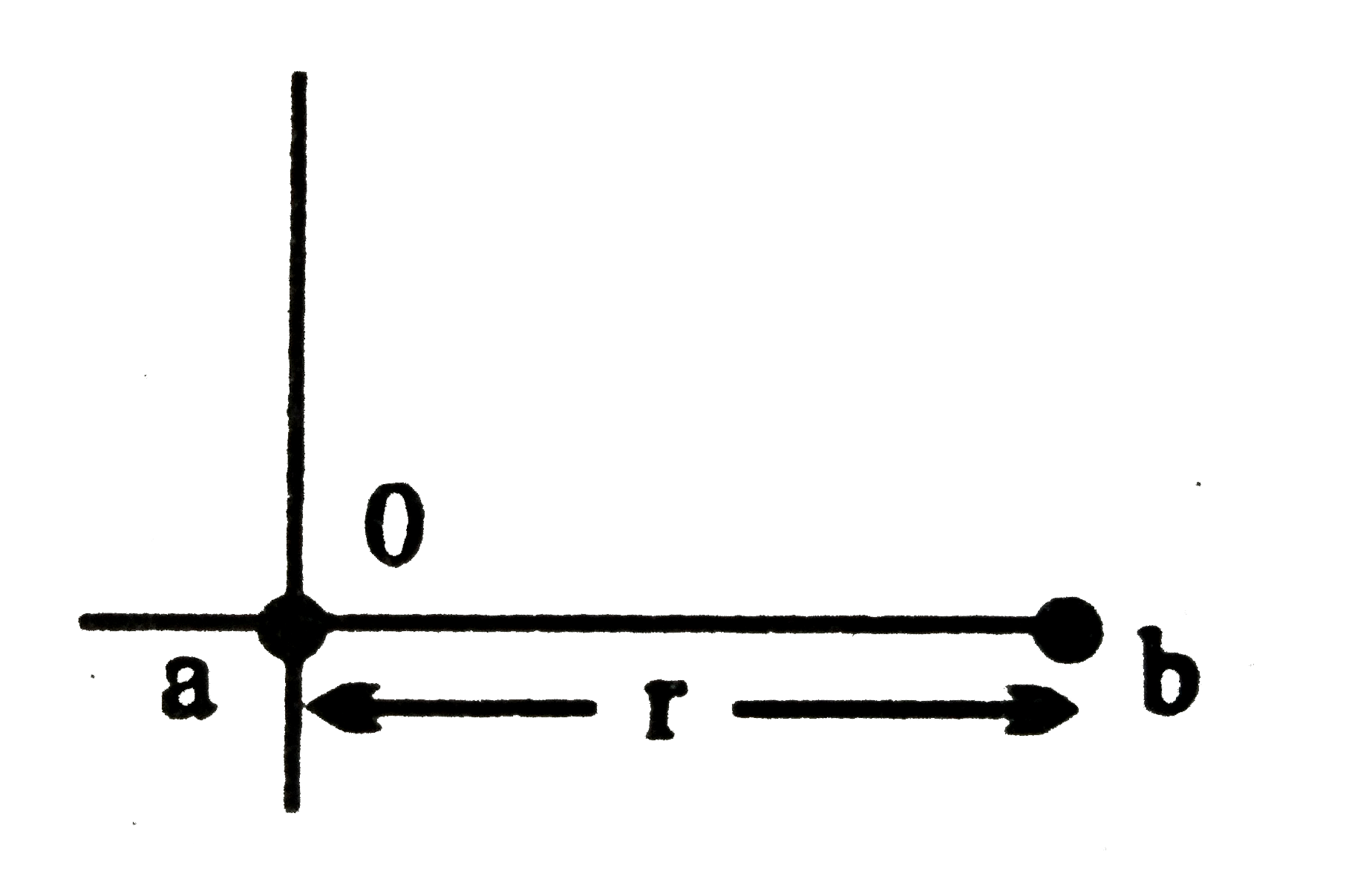Which can have both +ve and -ve odidation states?Solution in Odia
F
I
Na
He
The correct Answer is:B
Step by step video, text & image solution for Which can have both +ve and -ve odidation states? by Chemistry experts to help you in doubts & scoring excellent marks in Class 12 exams.
Updated on:21/07/2023Topper's Solved these Questions
Similar Questions
Write two uses of Bakelite ?
View SolutionWhat is the composition of Borax ?
View SolutionDraw E−r graph for 0<r<b, if two point charges a & b are located r distance apart , when
(i) both are + ve
(ii). Both are -ve
(iii). A is + ve and b is -ve
(iv) a is -ve and b is + ve

View SolutionGram -ve and +ve bacteria have cell membrane made up of
View SolutionWhich can have both +ve and -ve oxdiation states in their compounds
View SolutionThe pair of elements which can show +1 odidation state.
View SolutionConsider the elements:
Cs,Ne,I and F
a. Identify the element that exhibits only negative oxidation state.
b. Identify the element that exhibits only positive oxidation state.
c. Identify the element that exhibits both positive and negative oxidation states.
d. Identify the element which exhibits neither the negative nor does the positive oxidation state.
View Solutionwhich gram (+)ve bacteria can cause pneumonia?
View SolutionConsider the elements : Cs,Ne,I,F (A) Identify the element that exhibits -ve oxidation state (b) Identify the element that exhibits +ve oxidation state (c ) Identify the element that exhibits both +ve and -ve oxidation states (d) Identify the element which neither exhibits -ve nor +ve oxidation state
View SolutionErthroblastosis foetalis can never occur in any child born parents having blood groups I. Mother : Rh-ve, Father: Rh+ve II. Mother : Rh-ve, Father: Rh-ve III. Mother : Rh+ve, Father: Rh-ve IV . Mother : Rh+ve, Father: Rh+ve
View SolutionIn which case,a spontaneous reaction is impossible at any temperature [ΔH+ve,ΔS+ve], [ΔH+ve,ΔS−ve], [ΔH−ve,ΔS−ve], [ in all cases ]
View SolutionWhich of the following conditions may lead to a non-spontaneous change?
a.ΔH and ΔS both +ve
b.ΔH=−ve,ΔS=+ve
c.ΔH=+ve,ΔS=−ve
d.ΔH=−ve,ΔS=−ve
View SolutionThe salts of which +ve and -ve ions are basic ?
View SolutionWhich halogen can not form +ve ion ?
View SolutionBlood groups of 18 persons are given below. B+ve, B+ve,B−ve, O+ve, O−ve, AB+ve, AB+ve, O+ve, O+ve, B+ve, AB+ve, O+ve, O+ve, O+ve, AB+ve, AB+ve, O+ve, B+ve : Which of the following is a rareblood group?
View Solution
